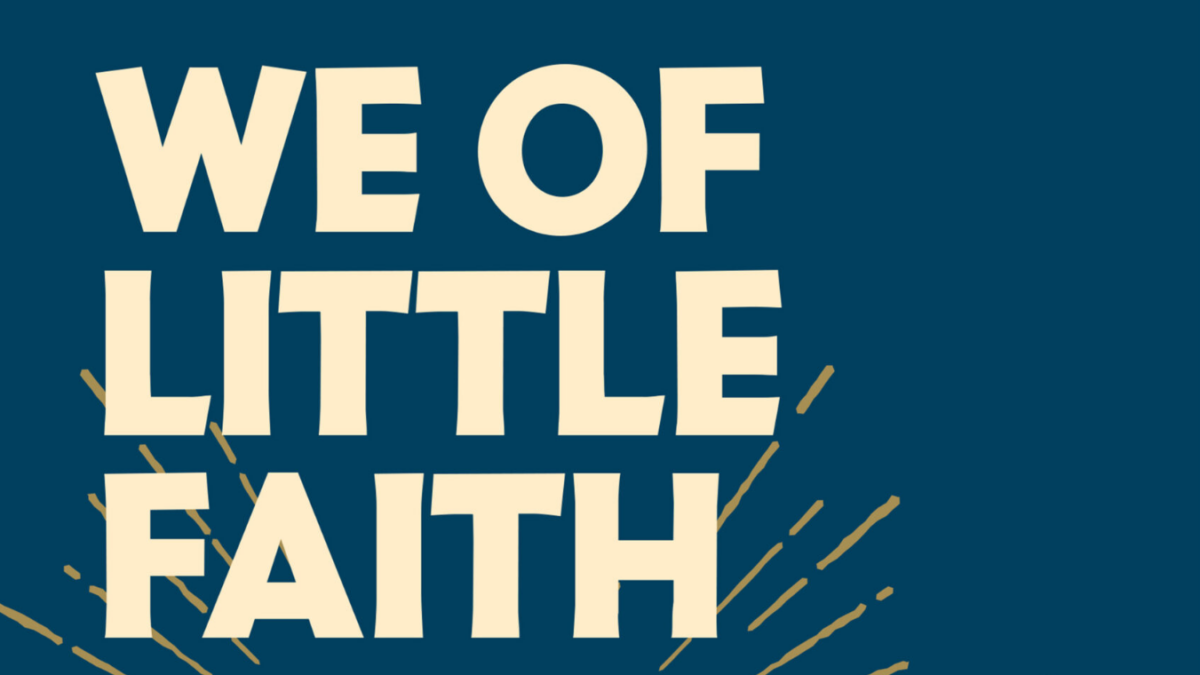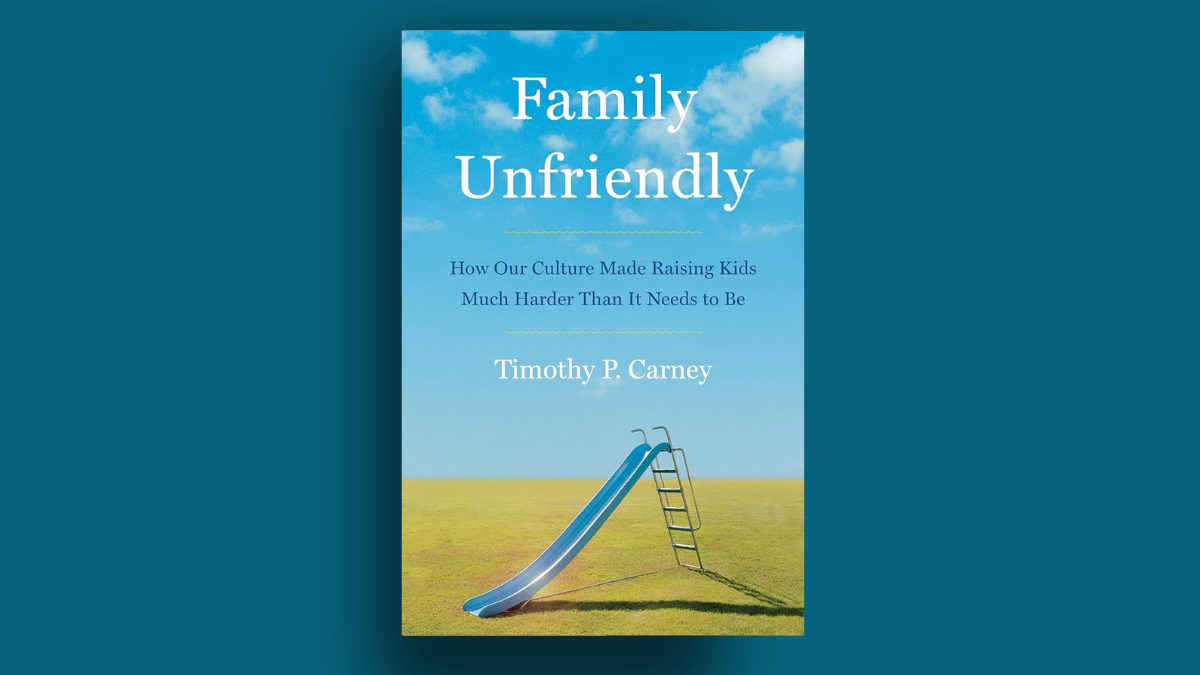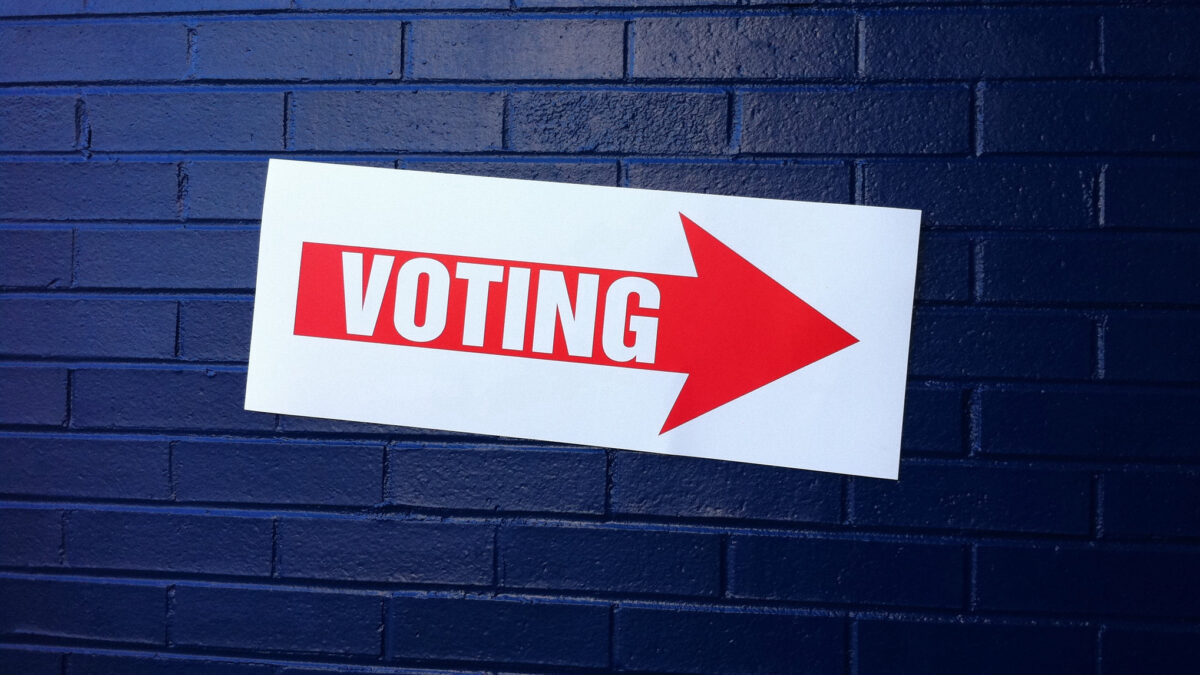Not long ago, I regularly received treatment from a medical professional whose expertise was well-proved over many appointments. She, religiously unaffiliated, was a woman of reason and science, effortlessly melding the most recent studies in her field with more than two decades of clinical expertise. Then, one day, she asked me for my sign and proceeded to explain the personal qualities of Sagittariuses like myself. Though my high opinion of her professionalism remains, her trust in astrology cannot help but bespeak a certain incoherence in her worldview.
I thought of astrology (popular among 30 percent of Americans) and the now-billion-dollar crystal industry when reading Washington Post columnist Kate Cohen’s new book, We of Little Faith: Why I Stopped Pretending to Believe (And Maybe You Should Too). Heavily reliant on anecdotes from her own (admittedly lukewarm) upbringing as a Reform Jew, Cohen aims to cajole her readers “to be honest with themselves” about their true beliefs by acknowledging their implicit atheism.
This will not only make Americans more coherent, claims Cohen — it will benefit American progress, inhibited as it is by religion and its backward bigotry. Yet, I wonder, can Cohen’s readers (or even Cohen herself) overcome their own intellectual incoherence?
An Exercise in Subjectivity
“I believe … that passing on one’s preference for reason, evidence, and honesty — pointing out, with conviction and context, where fiction poses as fact — is the truly moral choice,” declares Cohen in the prologue. This is a constant refrain of We of Little Faith — that religious belief is intellectually indefensible, that the scriptures of various faith traditions are full of absurd and morally contemptible portrayals of the divine, and that many people profess belief because of a certain inherited intellectual laziness. “I would say that all evidence points to the fact that God is a popular and useful fiction, and that no evidence points to the fact that he actually exists.”
Cohen’s atheism, she explains, “derives naturally from a few simple observations.” The first of these is that many religious traditions are based on mythical accounts that are obviously fanciful, and that many others — such as Mormonism and Scientology — are so absurd as to merit nothing but derision.
Yet from the premise that some religions are mythical or downright preposterous, it does not follow that all religions are thus, just as recognizing that the history of medical science has been full of quackery (and often still is) does not mean modern medicine is all illegitimate. Indeed, if there were a God, it’s at least plausible he might even make use of the mythical genre to communicate truths to primitive cultures whose understanding of the world is informed by such stories, as many scholars posit God does in the Old Testament.
“Life is confusing and death is scary,” notes Cohen. Thus, she asserts, humans concocted religion to explain death. At least Cohen’s first point was an argument, albeit a fallacious one. This second “argument” is sheer, unsubstantiated speculation regarding the existence of a phenomenon, and obtains as little as it would for me to assert that Cohen authored this book as an exercise in self-deception in order to suppress her own fears of the divine and death.
Her third argument is that the holy books of various traditions contain “facts” now disproven by science and “morality” now disavowed by modern adherents. Yet the Hebrew Bible is not a science textbook but a collection of various ancient literary genres — poetry, wisdom literature, history, prophecy — that even its early interpreters did not believe were to be understood as explaining literal, scientific realities (just read Origen or Augustine). And as much as religious traditions such as Christianity declare the absolute nature of various moral principles, does that not allow for their varied application in human history, based on cultural or political circumstances?
Again, if there is a God, and He is a Father of creation, is He not permitted to give us varied moral instructions, based on man’s historical and cultural ability to understand and apply them? Is the divergence in instructions I give to my 10-year-old and 3-year-old an embarrassing contradiction or an appreciation for the difference in their maturity?
Cohen also argues that various “unfathomable cruelties” such as child rape disprove God’s existence. Certainly, child rape is heinous. But is any rape not heinous? Is any cold-blooded murder not unconscionable? But if there is a God, and if He has permitted free will, such human wickedness becomes possible.
Of course, we may demand to know why God does not intervene in the midst of such evil. But what, one might ask, would this look like? Is a good God supposed to intervene every time a rape or murder is about to happen, immediately acting to prevent such harms, say, by staying the perpetrator’s hand or striking him dead? And, if we demand God to intervene in those events, why not every circumstance where people are killed, injured, or hurt, from natural disasters to skinned knees? This is an exercise in pure subjectivity.
An Embarrassing Ignorance of Religion
Cohen’s arguments against God, little more than regurgitations of the tired rhetoric of the New Atheists, are superficial, illogical, and emotive. They are also embarrassingly ignorant. There is absolutely no engagement with any of the classical arguments for God’s existence, be they Thomas Aquinas’s “Five Ways” or Anselm’s ontological argument. Nor is there any interaction with the best responses to the New Atheists, such as from theologian David Bentley Hart or philosopher Ed Feser. It’s certainly possible all of the arguments in favor of God’s existence are bad, but if Cohen believes them to be so, she offers no rebuttals.
Instead, she complains that atheists are held to an unfair standard by those who expect them to be able to “prove that God doesn’t exist.” Well, given that’s the definition of atheism … yes, one should be able to demonstrate that. Or is Cohen demanding atheists be allowed to be intellectually lazy?
We of Little Faith is less a logic-driven treatise than a therapeutic self-help book from someone who’s “seen the light” — she even devotes a chapter to helping atheists create their own holidays. Because of this, one observes the same kind of naivete found among zealous new religious converts. “When I had children … I realized that our lives and our heads are full of half-considered actions and half-digested philosophies and entirely unproven received ‘wisdom,’” writes Cohen, as if religious people haven’t also contemplated this fact.
Not that Cohen is entirely ignorant of religious writers. She cites Josef Pieper, Tim Keller, and Rick Warren, among others. She approvingly cites Ignatius of Loyola and C.S. Lewis as guides for reflection, something she has sought to adopt (in a non-religious way) as an atheist. But she also gets basic things about religion wrong. She thinks individual Catholic priests, rather than tribunal courts, grant annulments. She claims that the Catholic Church in 1992 stopped authoritatively teaching the doctrine of limbo, though that’s patently false — it was never official, magisterial doctrine in the first place, and Catholics are still permitted to believe in it.
Atheists Can Be Great Too… but Are They?
Cohen believes that by dispensing with religion, America will become a more prosperous and just society. “You can conduct a full life, a wonderful, even profound life, without relying on either the familiar religious structures or the supernatural beings that supposedly animate them.” She praises secular societies, which according to measures such as rates of homicide, violent crime, poverty rates, obesity, child abuse, and teen pregnancy, are doing better than religious societies.
Yet this elides the widely-reported fact that these same societies are facing a catastrophic future because of paltry birth rates, growing vocal immigrant communities in (increasingly violent) tension with native peoples, and a deep, nihilistic self-hatred resulting in unprecedented levels of depression, anxiety, and drug abuse.
If people stopped trusting in God to solve their problems they would take more responsibility for their lives and the well-being of the societies in which they live, Cohen claims. Yet the most actively religious people are often the most civically engaged and driven to change the world for the better (ever heard of Mother Teresa?).
According to the Philanthropy Roundtable, the religiously observant are almost twice as likely to volunteer when compared to the non-observant, and donate more than twice as much to charitable causes. Much to the ACLU’s chagrin, about 1 in 7 U.S. hospital beds are in a Catholic facility. About 1.7 million American children are educated in Catholic schools, saving taxpayers more than $20 billion annually. The Knights of Columbus annually contributes almost $200 million and about 75 million service hours to charitable causes. Can Cohen name a single American atheist organization that rivals that?
At a superficial level, the arguments made by people like Cohen make sense. If you believe a higher power is responsible for the weather or can stop the spread of some illness, shouldn’t that make you intellectually and volitionally lazier? Yet the data does not support that hypothesis — quite the opposite, in fact.
Faith, at least in the Judeo-Christian tradition, is more often an intellectual and societal stimulant than a soporific. Yet even if that’s true, demography seems to be on Cohen’s side: millions of Americans are abandoning religion in favor of a secular future. Nevertheless, as Cohen’s book (unintentionally) shows, that future will be no less incoherent.









